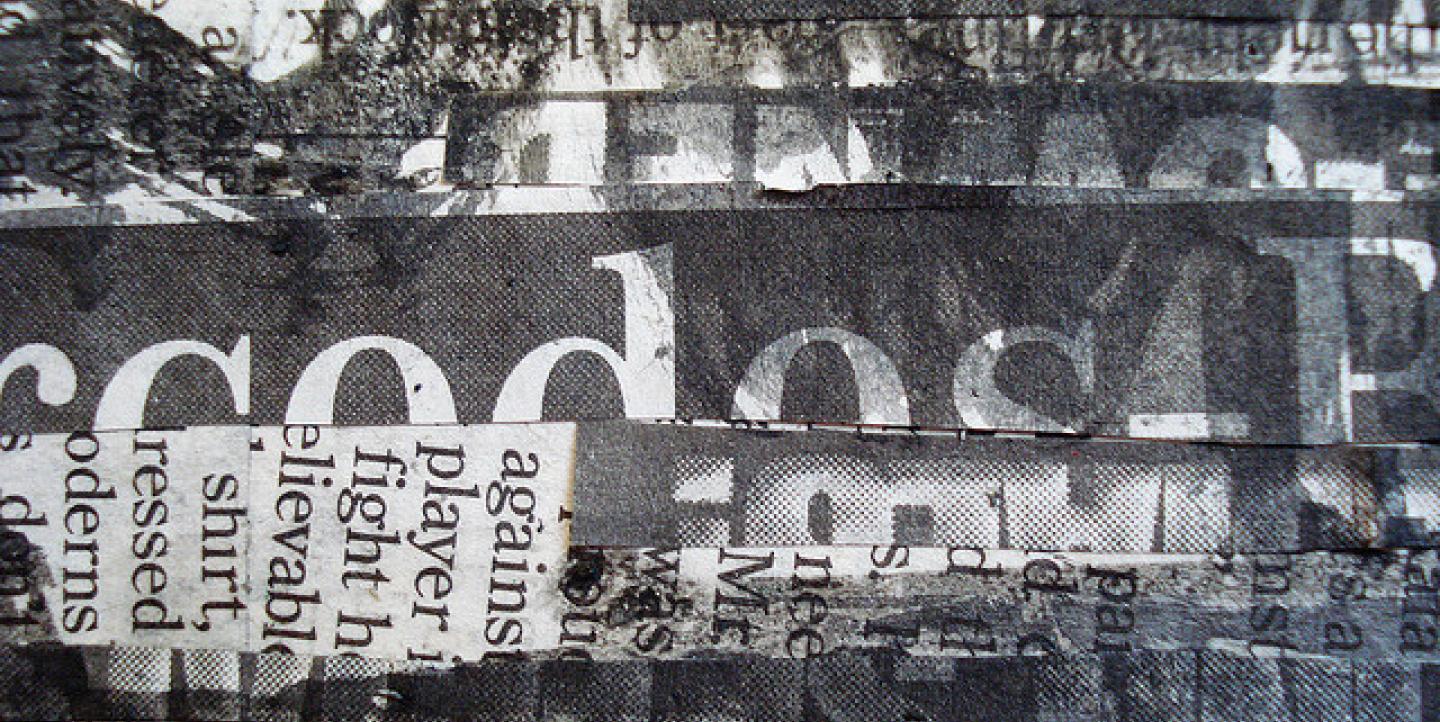Stating the facts is a foundational facet in journalism, and the importance of fact-checking your work before publishing it can't be underestimated.
This is especially true when covering breaking news events or disasters. Between August and December 2014, online news outlets published more than 1,500 news articles about more than 100 online rumors, as Craig Silverman found while conducting a recent report for the Tow Center for Digital Journalism.
Knowing this, here’s a look at IJNet’s picks for the best verification and fact-checking tools and resources to use throughout 2016:
General verification resources:
- Compiled by journalists from the BBC, Storyful, ABC and more, the Verification Handbook offers a comprehensive guide to verifying user-generated content during emergencies, disasters and other breaking events.
- First Draft News is a new site dedicated to providing free training resources for verifying eyewitness and social media. When you register an account, you can collect these resources into “packs,” making it easy to locate and share the information you need at a moment’s notice.
- In 2012, Markham Nolan shared key investigative strategies for verifying user-generated content in real time during a TED Talk titled “How to Separate Fact and Fiction Online.”
Tools to verify images and social media posts:
- Not sure if an image is being presented for what it really is? TinEye’s reverse image search tool can help you determine the date and time when an image was taken, as well as where else the image has been published on the web. You can also use Google Image Search for the same purpose.
Tools to verify political news:
- The Washington Post Fact Checker fact-checks statements from U.S. political figures and politically minded news outlets. The fact checker rates these statements on a scale of one to four Pinocchios, with one Pinocchio being the most truthful and four Pinocchios representing an outright lie.
- A project of the Annenberg Public Policy Center, FactCheck.org is another tool for checking the accuracy behind U.S. politicians’ statements.
Tools to verify global coverage:
- Polétika is a site that monitors political officials across the Spanish-speaking world and presses them to fulfill the promises made during their campaigns. [in Spanish]
- Created by Panos South Asia, South Asia Check is a free online resource that verifies statements and claims made by public figures. While the site primarily focuses on fact-checking Nepalese officials, it often covers figures from across South Asia.
- Aos Fatos seeks to verify statements made by Brazilian officials, investigating whether their claims and promises are actually true or not. The crowdfunded site classifies speeches, documents and advertisements in four different categories: false, exaggerated, inaccurate and true. [in Portuguese]
- Chequeado is an Argentinian fact-checking platform that uses public data and crowdsourced reports to hold politicians, businessmen, public figures and the media accountable. In July, Chequeado teamed up with Cargografias to vet and fact-check five candidates in Buenos Aires’ mayoral elections. [in Spanish]
Main image CC-licensed by Flickr via Elena.

